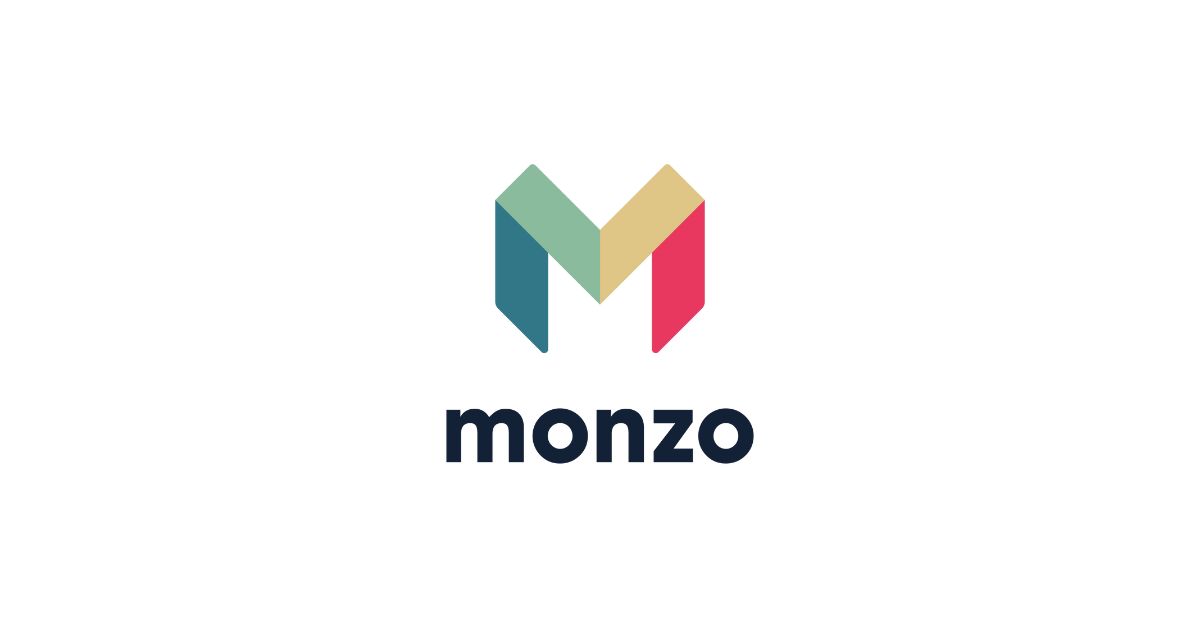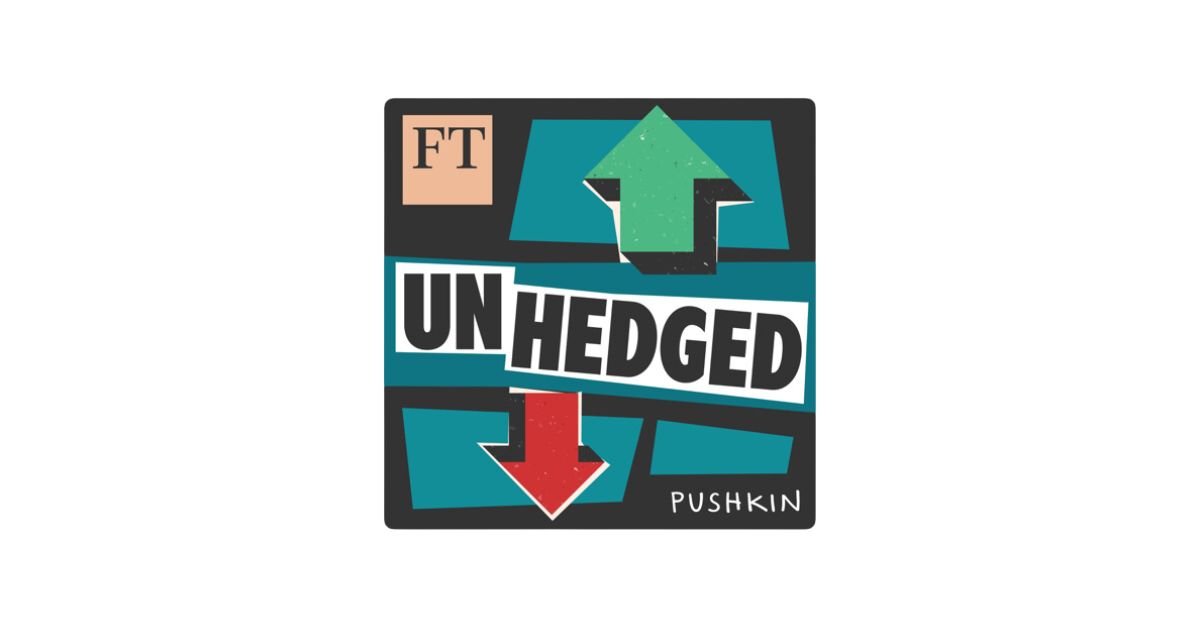Fintech vs. Traditional Banking: Pros and Cons
February 1, 2024, 4 min read
Fintech is an abbreviation that stands for financial technology. In recent years, the financial industry has been witness to a substantial transformation as a result of the rise of fintech. Companies in the fintech industry are challenging the traditional banking industry in various ways by using technology to provide a wide range of financial services. The purpose of this article is to shed light on the reasons why fintech is disrupting the conventional financial environment by examining the benefits and drawbacks of fintech in comparison to traditional banking.
What is the Difference Between Fintech and Traditional Banking Systems?
It is essential to have a solid understanding of the fundamental distinctions that exist between traditional banking and fintech banking in order to have a solid understanding of the influence that fintech will have on traditional banking.
Traditional banks are well-established financial institutions that have a long history of offering services such as savings accounts, loans, and investment goods. Traditional banks are often known as “old-fashioned” banks. They have established themselves as a reliable and trustworthy organisation because to their use of real locations for their operations.
Fintech companies are startups that are tech-driven and offer financial services using cutting-edge technology and digital platforms. Fintech companies are often referred to as “fintech.” They frequently do not have any physical branches and instead concentrate on providing ease of use and efficacy to their consumers through the use of mobile applications and internet.
How Fintech is Better than Banks
Convenience and Accessibility: According to The PwC Fintech report, Fintech companies, who have made it more convenient and accessible to customers have made revolutionary changes in banking industry. Customers can use their smartphones to conduct transactions, check the balances of their accounts, and manage investments without having to leave the comfort of their homes. This level of convenience has been a game-changer, especially for customers who are knowledgeable about technology.
Reduced Expenses: According to McKinsey, the company’s Global Banking Annual Review in 2021 when compared to traditional banking institutions, fintech companies typically have lower overall operating costs. Because of this, they are able to provide savings accounts and loans with more favourable interest rates and costs that are competitive with the market. Customers have the opportunity to cut costs while still gaining access to high-quality financial services.
Innovation and Personalization: The Fintech Report 2022 from Accenture shows that companies in the fintech industry are well-known for their innovative nature. They customise financial products based on the particular requirements of each consumer by utilising data analytics and artificial intelligence. This personalisation results in services that are more suitable to the user’s needs and values.
What are the Disadvantages of Fintech for Banks?
Traditional financial institutions face a number of difficulties and drawbacks as a result of the rise of fintech, despite the fact that fintech offers a number of benefits.
Fintech companies have caused a disruption in the banking industry by providing services that are comparable to those offered by banks, but at a higher level of efficiency. Increased competition has obligated traditional banks to rapidly make adjustments and investments in technology to maintain their relevance.
Concerns Regarding Cybersecurity: The increasingly digital nature of finance has prompted security-related worries. There is an increased danger of cyberattacks and data breaches as a result of the movement of sensitive financial data online. The fact that traditional banks have a long history of solid security practises can serve as a point of differentiation between them and newer financial institutions.
Regulatory Obstacles: The regulatory environment in which fintech companies operate is one that is always shifting. When these organisations expand the services they provide, they frequently face increasingly difficult regulatory obstacles. On the other hand, traditional banks have long-standing relationships with the relevant regulatory bodies and a profound comprehension of compliance requirements.
Why Fintech is Disrupting Traditional Banking
Fintech companies are shaking up the traditional banking industry for several reasons, including the following:
Innovation in Technology: Fintech companies use new technologies such as blockchain, artificial intelligence, and machine learning. This lets them to deliver financial services that are more quickly, efficiently, and easily accessible to their customers. These innovations put conventional banking procedures and systems, which have been around for a long time, to the test.
Customer Centered Approach: Fintech companies place a high priority on the customer experience and provide solutions that are personalised to match the ever-changing expectations of consumers. In comparison, customers frequently perceive the traditional banks as bureaucratic and less focused on the needs of their customers.
Agility and Adaptability: Due to their smaller size and absence of legacy infrastructure, fintech startups have the ability to quickly adjust to shifting market conditions and the demands of their customers. Legacy systems hamper traditional banks, making it difficult for them to keep up with innovations in the financial technology sector.
Conclusion
The proliferation of fintech has brought about a fundamental shift in the landscape of financial services, providing customers with options that are both more convenient and less expensive. Traditional banking institutions continue to play an important role because they offer stability, security, and knowledge in compliance regulations, despite the obvious benefits of fintech. The continued competition and collaboration between traditional banking and fintech will continue to transform the industry in interesting ways, ultimately benefiting customers by providing a wider selection of financial options.
Sources: The PwC Fintech Report, McKinsey, Accenture
















